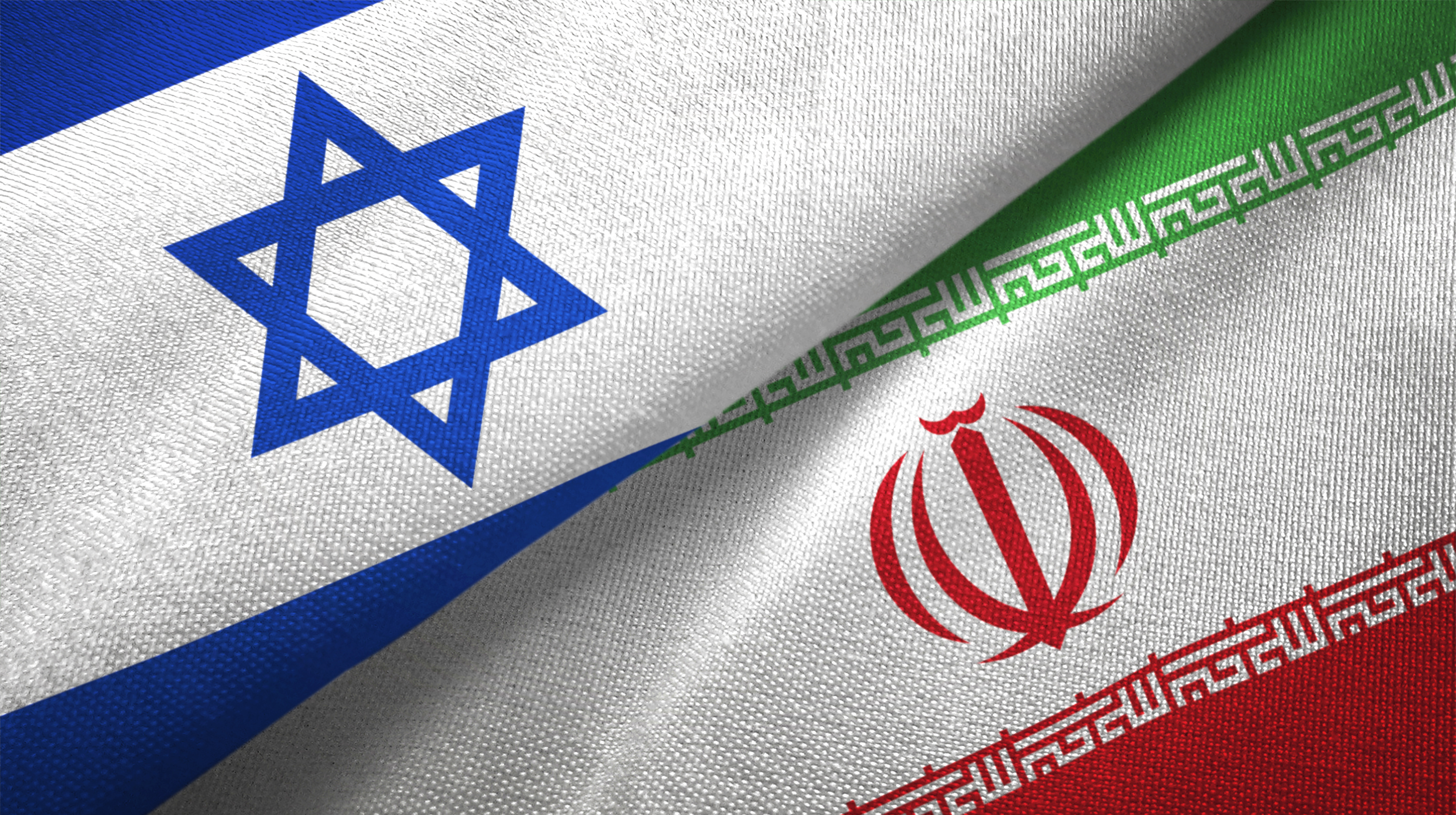Introduction
In a bold and highly coordinated military operation, Israel launched a significant wave of airstrikes on Iranian soil overnight, targeting more than 100 strategic sites. These included nuclear facilities and military installations, marking one of the most direct confrontations between the two nations in recent history. The operation was reportedly named “Rising Lion” and aimed at crippling Iran’s nuclear capabilities.
🧪 Key Nuclear Sites Hit: Natanz, Fordow & More
Among the main targets were Iran’s most critical nuclear development sites — Natanz and Fordow — along with several missile manufacturing and deployment facilities. Satellite imagery and intelligence reports suggest that extensive damage was inflicted, possibly setting back Iran’s nuclear ambitions by months or even years.
☠️ Top IRGC Commanders and Scientists Killed
The strikes also claimed the lives of several high-ranking Iranian Revolutionary Guard Corps (IRGC) officials. Reports confirm that prominent figures like Major General Mohammad Bagheri and other senior commanders were among those killed. Additionally, several nuclear scientists lost their lives in the targeted bombings, a move likely to further enrage Iranian leadership.
Iran Retaliates With 100+ Drones
In response, Iran launched more than 100 drones toward Israeli territory. While most were intercepted by Israel’s Iron Dome and air defense systems, the barrage caused widespread panic and activated air raid sirens across several regions. This marked the most significant direct attack on Israeli airspace from Iran in recent times.
🚨 Regional Airspace Closures and Panic
The drone retaliation led to immediate safety measures being taken across the Middle East. Israel shut down its airspace temporarily, and multiple international airlines including Air India and Lufthansa rerouted or canceled flights passing over the region. Regional tension soared, and the possibility of further escalation remains high.
💣 Iran Declares Attack as ‘Act of War’
Iranian leadership, including Supreme Leader Ayatollah Ali Khamenei, condemned the Israeli operation as a clear “act of war.” The Foreign Ministry of Iran has stated that Israel will face a “powerful and unforgettable response,” warning neighboring countries and global powers to stay out of the conflict.
🌍 UN Security Council Calls Emergency Meeting
Amid growing concerns of a broader Middle East conflict, the United Nations has called for an emergency meeting of the Security Council. Countries like China, Russia, and the U.S. have urged both sides to de-escalate tensions, but the situation remains extremely volatile and unpredictable.
📉 Oil Prices Soar, Global Markets Jittery
The conflict has had immediate economic repercussions. Global oil prices surged past $90 per barrel, and stock markets in Asia and Europe dipped sharply. Investors worldwide are concerned about the potential for a prolonged war that could disrupt global energy supplies and affect shipping lanes in the Persian Gulf.
🛫 Flight Routes Changed, Israeli Airspace Closed
Following the conflict, Israel temporarily closed its airspace as a precautionary measure. Several airlines issued advisories rerouting flights away from both Iran and Israel, citing safety concerns. The aviation industry continues to monitor the situation closely.
Trump Claims Advance Knowledge of Israeli Strikes
Former U.S. President Donald Trump made headlines by claiming that he “knew everything” about the planned Israeli strikes beforehand. He also urged Iran to “make a deal” before the situation deteriorates further, though the Biden administration has remained silent on the matter so far.
Israel Says Goal Is Preventing Nuclear Escalation
Israeli Prime Minister Benjamin Netanyahu and Defense Minister Yoav Gallant stated that the operation was a preemptive strike aimed at preventing Iran from crossing critical nuclear thresholds. They reiterated that Israel does not seek war but will act decisively to defend itself and prevent a nuclear-armed Iran.
Conclusion
The latest confrontation between Israel and Iran marks a serious escalation in Middle Eastern tensions, with potential global repercussions. Israel’s targeted strikes on Iranian nuclear and military facilities, followed by Iran’s aggressive drone retaliation, have heightened fears of a broader war. With international leaders calling for restraint and the region on edge, the coming days will be critical in determining whether this turns into a full-scale conflict or retreats through diplomacy.
